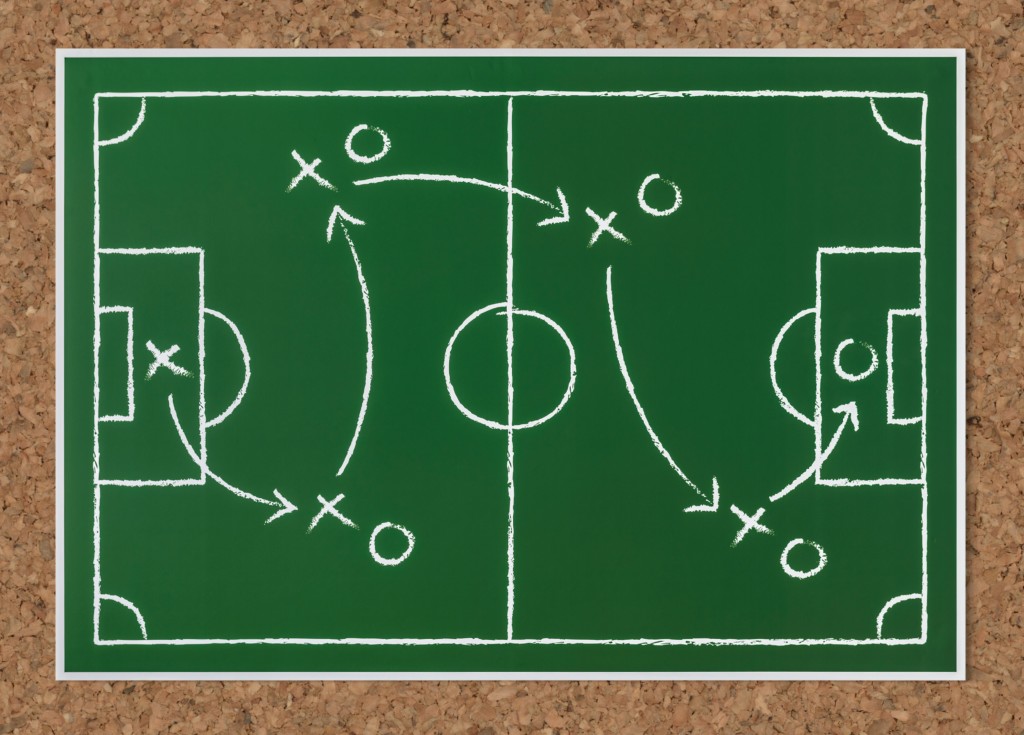Getting the call that kills
Your client is upset with your work. They may be quietly disappointed, or even downright nasty. You know you worked your butt off, but now you’re distracted by the feedback, maybe even offended.
Don’t take it personally. Really.
Maybe the client has a difficult manager, or their dog died, or they’re battling a migraine. Or maybe, just maybe, your work truly wasn’t what it should have been. But even if it is about your work, it’s still not about you. It’s about a need that the client has that they can’t articulate in better language, and it’s your job to help them do that. If you react emotionally, you’ll say – and hear – the wrong things.
When I’ve responded by defending, apologizing or letting them see my anxiety, the client’s feelings always intensified. By defending, I was telling my client they were wrong, and dissatisfied buyers never take well to that. And by worrying or apologizing, I was offering myself up for blame, or maybe making them feel guilty for having upset me. But one way or another, being emotional didn’t help.
Respect yourself and your client. Focus on shared goals.

Outcomes are more positive if you stay calm, focused and neutral. I once watched a blame-storming project manager lay waste to a room full of creatives who couldn’t finish their work because the PM wasn’t responding to emails. Almost every person said something like, “I tried, but …”, which only made the PM angrier.
One of my colleagues got a different reaction. When it was her turn, she didn’t accept blame nor did she lay it. Instead, she made solid eye contact with the PM and neutrally but firmly said, “I’m waiting to get answers about X, Y and Z. As soon as those come in, the job is done.”
The PM stared at her for an instant, and then moved on to the next topic. The PM also took the hint and over the next couple of days, began answering the questions everyone needed to finish their jobs.
Tips
Do:
- Stay rational. Keep your voice calm, interested and work-focused. Assert yourself politely and constructively.
- “Can you give me an example, so I’ve got a good place to start for the revision?”
- Use active listening to reach agreement on the work-focused messages.
- “I’d like to confirm that the project requires _____. Is that correct?”
- Try to read between the lines. Is there some hint about what they really want?
- Client: “Are you kidding?! How can we present this to the Board?!”
- Translation: “I’m worried about how this will reflect on me.”
Don’t:
- Don’t apologize unless you’ve done something that is genuinely, horribly wrong. Say it only once, then follow the “do” tips above.
- Don’t blame anyone else, even if there is an identifiable problem person.
- Don’t accept abuse.
- If your client is using inappropriate language or attacking you on a personal level, extract yourself politely from the situation. Escalate it to a more senior person if you can, and if not, you may need to resign the client.
Feeling squashed like a bug? I’ve been there and can help you turn things around. Check out my copy coaching and give me a call.

